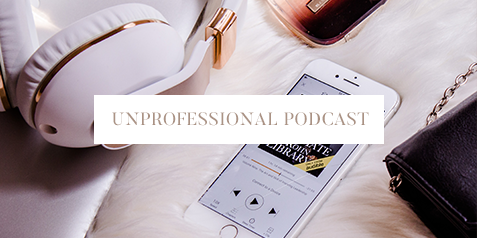Employee needs and wants are changing at a more turbulent rate, and it’s hard to keep up. Companies in this Human Era can do their part by becoming more conscious of how to improve their employees’ experience at work by humanizing business.
There are so many success stories out there about people loving their jobs, and there’s no reason people should force themselves to spend their time working in an environment that isn’t beneficial. Even though many people tend to lean towards not taking on a traditional “nine to five” job, they will still spend around 40 hours per week working a full-time job or a combination of part-time jobs. To maximize their work, employees want to contribute to a company that cares about themselves as not just employees, but individuals and people as well.
With that, promoting mental health awareness in work environments continues to rise. In tandem with society evolving to emphasize self-care, the question of how the definition of “loyalty” has evolved is also raised. For instance, if an individual quits a toxic boss after only a few months at a company, will that person’s next prospective employer perceive them as disloyal? The answer is no, reason being that increased awareness of self-care promotes individuals prioritizing themselves and their needs.
If employees’ needs are not being met and those employees remain in toxic work environments, are they then being disloyal to themselves?
Because of the rise of self-care being identified as important in business, this is an example of how young people in the business world are changing due to self-care being incorporated within the needs of a business. No matter how long an individual has contributed to a company—whether that be one week or five years—the perception of that person’s “loyalty” is not as stigmatized or affected by how many jobs that person has held as it might have been in previous generations.
Humans have the capacity to utilize innovation, build new technologies, and create what seemed impossible in the previous generation. Specific to the workplace, it’s not just us who are different from their previous generation: it’s the general evolution of all humans and the new needs of these humans that continue to surface in the evolving workplace.
This does not mean that we should only consider age, as there are several other differences between the demographics of contemporary employees, customers, and society.
With my team, I advise other executive teams to build a cadence into normal quarterly and annual systems in which you ask your people the simple question, “What matters most to you?” And are we delivering that. Asking this question monthly and quarterly of how you can be better for your employees will create the space for the conversation and, in turn, drive loyalty in this new constituency of employees.
Feedback is very important to me, and I’d appreciate hearing your thoughts and insight. In your experience as an employee, what matters or has mattered most to you?
Please connect with me on my social accounts @HilaryCorna, contact me on my website, and follow me on LinkedIn (even if we’re already connected). Thank you!














